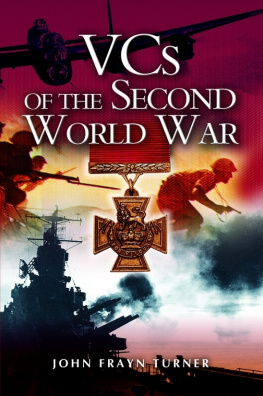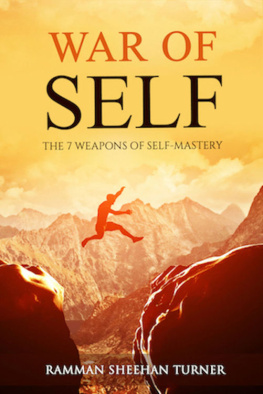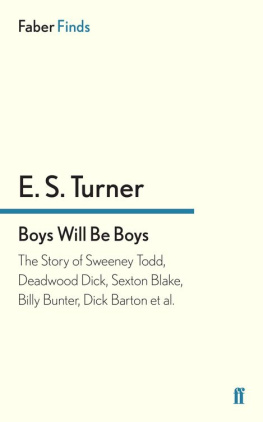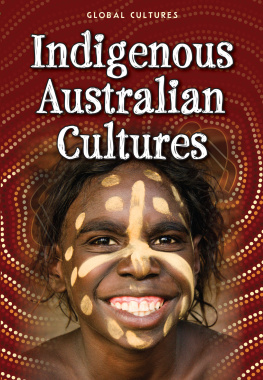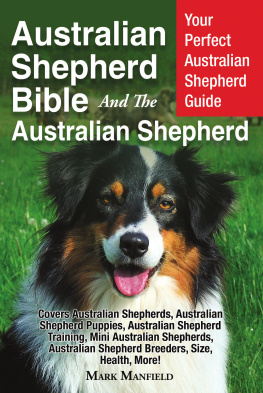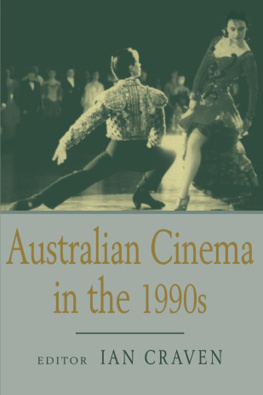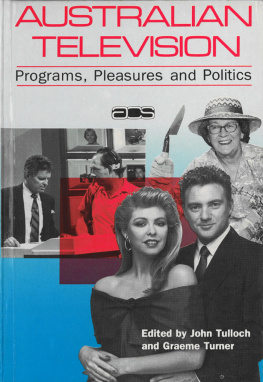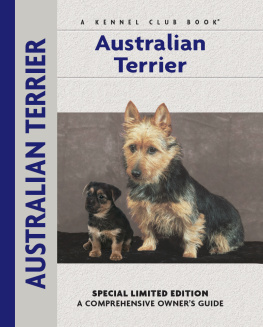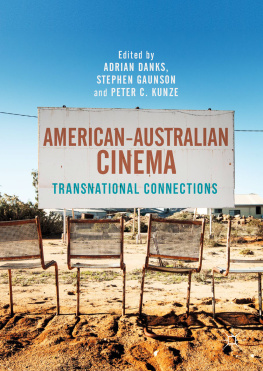Other titles in the series
Australian Television
Programs, pleasures and politics
Edited by John Tulloch and Graeme Turner
Dark Side of the Dream
Australian literature and the postcolonial mind
Bob Hodge and Vijay Mishra
Fashioning the Feminine
Girls, popular culture and schooling
Pam Gilbert and Sandra Taylor
Featuring Australia
The cinema of Charles Chauvel
Stuart Cunningham
Framing Culture
Criticism and policy in Australia
Stuart Cunningham
From Nimbin to Mardi Gras
Constructing community arts
Gay Hawkins
From Pop to Punk to Postmodernism
Popular music and Australian culture from the 1960s to the 1990s
Edited by Philip Hayward
Myths of Oz
Reading Australian popular culture
John Fiske, Bob Hodge., Graeme Turner
Resorting to Tourism
Cultural policies for tourist development in Australia
Jennifer Craik
Stay Tuned
The Australian Broadcasting Reader
Edited by Albert Moran
Temptations
Sex, selling and the department store
Gail Reekie
Australian Cultural Studies
Editor: John Tulloch
NATIONAL
FICTIONS
Literature, film and the construction of Australian narrative
Second edition
GRAEME TURNER
ALLEN & UNWIN
For Chris and Holly
First edition published with the assistance of the Australian Film Commission
Graeme Turner 1986, 1993
This book is copyright under the Berne Convention.
No reproduction without permission. All rights reserved.
First published in 1986
Second edition published in 1993
Allen & Unwin Pty Ltd
9 Atchison Street, St Leonards, NSW 2065 Australia
National Library of Australia
Cataloguing-in-Publication entry:
Turner Graeme.
National fictions: literature, film and the construction of Australian narrative.
2nd ed.
Bibliography.
Includes index.
ISBN 1 86373 504 6.
eISBN 978 1 74269 673 7
1. Australian fictionHistory and criticism. 2. Motion pictures, Australian. 3. Motion pictures and literatureAustralia. 4. Discourse analysis, Narrative. 5. AustraliaCivilization. I. Title. (Series: Australian cultural studies).
A823.009
General editors foreword
Nowadays the social and anthropological definition of culture is probably gaining as much public currency as the aesthetic one. Particularly in Australia, politicians are liable to speak of the vital need for a domestic film industry in promoting our cultural identityand they mean by cultural identity some sense of Australianness, of our nationalism as a distinct form of social organisation. Notably, though, the emphasis tends to be on Australian film (not popular television); and not just any film, but those of quality. So the aesthetic definition tends to be smuggled back inon top of the kind of cultural nationalism which assumes that Australia is a unified entity with certain essential features that distinguish it from Britain, the USA or any other national entities which threaten us with cultural dependency.
This series is titled Australian Cultural Studies, and I should say at the outset that my understanding of Australian is not as an essentially unified category; and further, that my understanding of cultural is anthropological rather than aesthetic. By culture I mean the social production of meaning and understanding, whether in the inter-personal and practical organisation of daily routines or in broader institutional and ideological structures. I am not thinking of culture as some form of universal excellence, based on aesthetic discrimination and embodied in a pantheon of great works. Rather, I take this aesthetic definition of culture itself to be part of the social mobilisation of discourse to differentiate a cultural lite from the mass of society.
Unlike the cultural nationalism of our opinion leaders, Cultural Studies focuses not on the essential unity of national cultures, but on the meanings attached to social difference (as in the distinction between lite and mass taste). It analyses the construction and mobilisation of these distinctions to maintain or challenge existing power differentials, such as those of gender, class, age, race and ethnicity. In this analysis, terms designed to socially differentiate people (like lite and mass) become categories of discourse, communication and power. Hence our concern in this series is for an analytical understanding of the meanings attached to social difference within the history and politics of discourse.
It follows that the analysis of texts needs to be untied from a single-minded association with high culture (marked by authorship), but must include the popular toosince these distinctions of high and popular culture themselves need to be analysed, not assumed. Graeme Turners National Fictions, reprinted here in its second edition, engages with both high and popular culture directly. It is the first book in Australian studies to analyse seriously the cultural construction of narratives in both high literature and popular film; and this has been fundamental to the books success since its first publication in 1986. As Turner says in his new Preface, the book deals with both media in order to lead readers across the disciplinary divide towards new angles of inspection and, hopefully, new knowledge.
Culture, as Turner argues, is the primary subject of this book rather than film or literature in themselves, and this is because narratives are ultimately produced by the culture;... they generate meanings, take on a significance, and assume forms that are articulations of the values, beliefsthe ideologyof the culture. Given the view that texts are the productions of culture, Turner focuses here more on the similarities than the differences between individual textsin other words with the common or dominant forms and meanings in Australian culture. This approach does not, however, homogenise common meanings in some nationalistically essentialising way: the focus upon Australian narrative is not an exercise in nationalism but an enquiry into those determinants of narrative which are culturally specific. Above all, the emphasis here on cultural specificity rejects the naturalistic representation of society as a trap (as Raymond Williams put it). Turner examines in this book a series of social alibis that have been reproduced repeatedly within Australian narrative texts on behalf of the status quoin, for instance, the bush myth, and in the representation of convictism. The context becomes one in which the bush and the prison offer the same limited range of possibilities for the individual: the environment is tough, but survivable if one accepts its basic domination over the self Images of naturesuch as the harsh Australian landscapethus become at the same time images of culture because they suggest that survival is all, resistance is futile, and ideals are to be tempered by contingency. Together, the dominant themes of a colonial Australia construct a pattern of acceptance, accommodation and assent, posing as the natural structure of existence within an Australian context. In this way, Australian narrative fictions have worked too often in a consensualising way, to obscure differences and divisions that may well need to be recognised and addressed.


